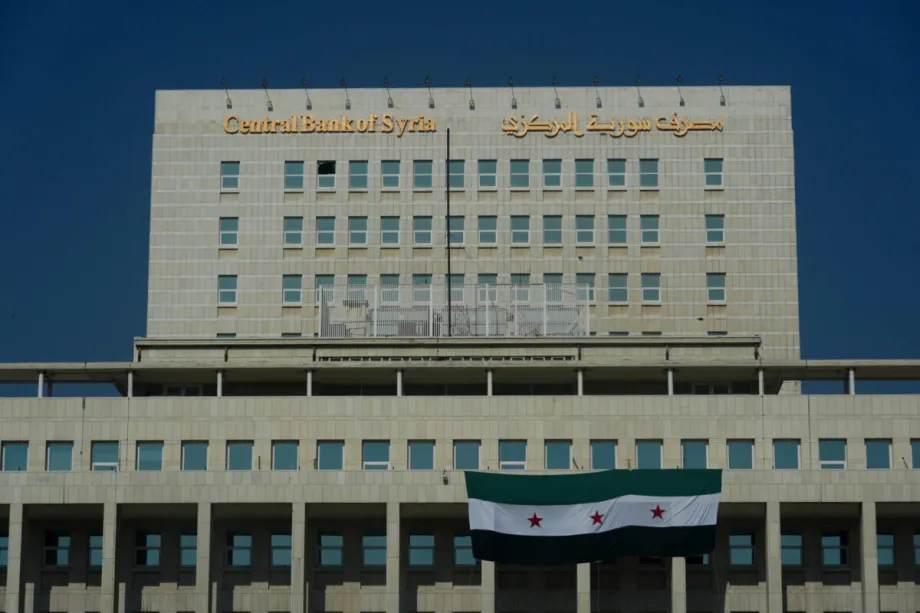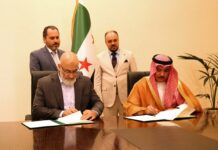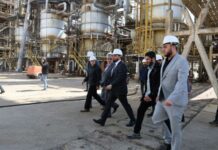 The Central Bank of Syria (CBS) announced it has prepared draft executive instructions for Investment Banking Law No. 56 of 2010, a move expected to bring major changes to the country’s financial landscape. The step represents an important milestone in modernizing Syria’s banking system and supporting investment-driven growth.
The Central Bank of Syria (CBS) announced it has prepared draft executive instructions for Investment Banking Law No. 56 of 2010, a move expected to bring major changes to the country’s financial landscape. The step represents an important milestone in modernizing Syria’s banking system and supporting investment-driven growth.
Governor Highlights Ambitious Reform Goals
CBS Governor Abdulqadir al-Husriya described the issuance of these instructions as “a qualitative step toward developing the financial and banking system in Syria and meeting the financing needs for reconstruction.” Writing on his official Facebook page, Husriya said the law serves as a “pivotal milestone” in regulating and licensing investment banks while enhancing the national investment environment in line with regional and international trends.
He noted the executive instructions aim to bring Syrian banking practices closer to international standards, enabling investment banks to play a central role in funding reconstruction and long-term development projects.
Balancing Oversight and Investment Growth
According to Husriya, the new framework seeks to achieve a balance between encouraging private investment and maintaining public oversight, transparency, and good governance. It also emphasizes investor protection and institutional accountability—key principles for attracting both domestic and foreign capital to Syria’s financial sector.
The CBS governor said that authorizing investment banks will mark a strategic step toward establishing a modern Syrian economy grounded in transparency, accountability, and sustainable development. This transformation, he added, will help position Syria as an active and credible financial center in the region.
Defining Investment Banks and Capital Requirements
Under the law, an investment bank is defined as a financial institution that funds private-sector projects, contributes to public-sector economic initiatives, offers advisory services, and helps establish new companies. The required minimum capital to found an investment bank is set at 20 billion Syrian pounds.
A Cabinet decision also allows specialized legal entities—regardless of nationality—to own up to 49% of an investment bank’s capital, with nonresident investors permitted to pay their contributions in foreign currencies. This development represents a new stage in Syria’s efforts to attract investment and build a more resilient financial sector capable of supporting reconstruction and long-term growth.








